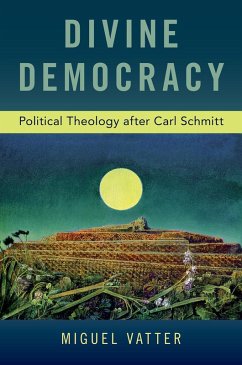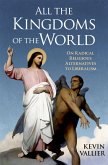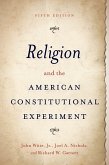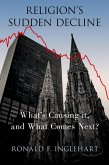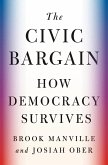How secular are the political and legal concepts that underpin liberal democracy? Carl Schmitt first coined the term political theology to show the dependency of modern western jurisprudence and political science on Christian theological discourse, and in so doing criticized the claim to religious neutrality of liberal institutions. In this book, Miguel Vatter reconstructs how and why the discourse of political theology was adopted and repurposed by anti-Schmittian thinkers, from Eric Voegelin through Jacques Maritain and Ernst Kantorowicz to J?rgen Habermas, to bolster the legitimacy of liberal democratic government. The book traces the way in which crucial political concepts for liberal democracy--including sovereignty, representation, government, constitutionalism, human rights, and public reason--are transformed when they become part of a discourse on political theology. Vatter's aim is to provide an intellectual history of political theology in the 20th century. His study reveals the overdetermined role that religion plays in contemporary democratic political and legal theory as an ultimate source of legitimacy for government and as wellspring for revolutionary aspirations.
Dieser Download kann aus rechtlichen Gründen nur mit Rechnungsadresse in A, B, BG, CY, CZ, D, DK, EW, E, FIN, F, GR, HR, H, IRL, I, LT, L, LR, M, NL, PL, P, R, S, SLO, SK ausgeliefert werden.

